Understanding the billionaires, corporations, and dark money networks that influence our democracy
The $1.9 Billion Shadow: How Dark Money Reached Record Highs
American democracy is experiencing an unprecedented flood of secret political spending. Dark money spending in federal elections broke records in 2024, even as it became harder to track. This surge represents a fundamental shift in how political power operates in the United States, with wealthy individuals and corporations wielding influence through networks designed to hide their identities from voters.
The scale is staggering. The 50 biggest donors this cycle have collectively pumped over $2.5 billion into political committees and other groups competing in the 2024 election. To put this in perspective, that’s more money than the GDP of some small countries, concentrated in the hands of just 50 individuals and entities.
The Megadonors: Profiles of Power
The $100 Million Club
Timothy Mellon – The banking heir who leads all individual donors with $150 million in contributions supporting Trump. Mellon represents old money’s continued influence in American politics, leveraging inherited wealth to shape electoral outcomes.
Elon Musk – The tech mogul contributed $119 million to Trump’s campaign, demonstrating how Silicon Valley’s nouveau riche are increasingly engaging in political spending. Musk’s contributions represent the intersection of technology, business interests, and political influence.
Miriam Adelson – The casino owner rounded out the nine-figure donors with $100 million supporting Trump. Her contributions continue the legacy of her late husband Sheldon Adelson, showing how casino and gambling interests maintain significant political influence.
The Broader Network
Megadonors like Ken Griffin, Paul Singer, Michael Bloomberg, and Reid Hoffman are collectively giving hundreds of millions to candidates and super PACS to influence voters. These individuals represent various sectors of the economy – finance, technology, and media – each with their own policy priorities and political preferences.
The Dark Money Machine: How It Works
Shadow Parties and Secret Funding
The mechanics of dark money are complex but effective. In the 2024 cycle, the four dark money groups together have given a record-breaking $182 million to their sister super PACs through the end of September of the election year. This represents more than double the amount from the same period in 2020, showing how rapidly this system is expanding.
Key Dark Money Players
Americans for Prosperity Action – The Charles Koch affiliated super PAC that routinely outspends most outside groups in elections. This organization represents the Koch network’s influence in conservative politics, focusing on limited government and free-market policies.
House Majority Forward – The main dark money group affiliated with House Democrats, gave about $61 million to influence congressional races. This shows that dark money isn’t just a conservative phenomenon – both parties participate in this system.
American Action Network – A major Republican-aligned dark money group that has emerged as a significant political player since Citizens United, demonstrating how legal changes have enabled new forms of political influence.
Corporate Influence: The Business of Democracy
Corporations participate in political spending through various mechanisms, from direct contributions to trade associations that engage in political activity. The corporate political spending landscape includes:
- Direct Corporate PACs: Companies create political action committees that can contribute directly to candidates
- Trade Association Spending: Industry groups pool corporate resources for political activities
- Executive Contributions: Corporate leaders use personal wealth for political influence
- Shareholder Activism: Investors increasingly pressure companies on political spending transparency
Campaign Finance Reform: The Debate Over Solutions
The Case for Reform
Supporters of campaign finance reform argue that the current system undermines democratic representation. Americans are fed up with the role of big money in political campaigns. The primary concerns include:
Democratic Representation: When wealthy donors can contribute millions while average Americans contribute tens or hundreds of dollars, the system may prioritize the interests of the wealthy over the general public.
Policy Distortion: When candidates are dependent on private donations, large donors may have disproportionate influence over policy decisions, potentially skewing government priorities away from broader public interests.
Transparency Concerns: Dark money makes it impossible for voters to know who is trying to influence their decisions, undermining informed democratic participation.
The Opposition Perspective
Critics of campaign finance reform raise several counterarguments:
First Amendment Rights: The First Amendment reflects our “profound national commitment to the principle that debate on public issues should be uninhibited, robust, and wide open.” Restricting political spending may limit free speech rights.
Practical Effectiveness: Some argue that money doesn’t directly buy elections, and that voters ultimately make their own decisions regardless of campaign spending levels.
Enforcement Challenges: Complex regulations may be difficult to enforce and could create loopholes that sophisticated actors can exploit.
The Impact on Young Americans and Working Families
The current campaign finance system particularly affects young adults and lower-income Americans in several ways:
Economic Inequality in Political Voice
Young Americans typically have less disposable income to contribute to political campaigns, meaning their voices may be drowned out by wealthy donors. This creates a feedback loop where policies may favor those with more resources to influence the political process.
Student Debt and Healthcare Costs
Issues that disproportionately affect young Americans – like student loan debt, healthcare costs, and housing affordability – may receive less attention when wealthy donors have different priorities.
Climate Change and Long-term Thinking
Young Americans will live with the consequences of today’s environmental policies longer than older generations. However, fossil fuel companies and related interests have historically been major political spenders, potentially influencing climate policy in ways that conflict with younger Americans’ interests.
Recent Trends and Future Implications
The Growth of Dark Money
Dark money hit a record high of $1.9 billion in 2024 federal races, representing a massive increase from previous election cycles. This trend suggests that wealthy interests are finding the opacity of dark money increasingly attractive.
Technological Disruption
The rise of cryptocurrency and new financial technologies may create new avenues for political spending that are even harder to track and regulate.
Grassroots Versus Grasstops
While megadonors dominate headlines, there’s also been growth in small-dollar donations through online platforms, representing a potential counterbalance to wealthy influence.
Reform Proposals and Potential Solutions
Small Donor Public Financing
The Brennan Center’s solution: small donor public financing to put power back in the hands of individuals. This approach would provide public matching funds for small donations, amplifying the voices of ordinary Americans.
Transparency Requirements
Requiring disclosure of dark money sources would allow voters to know who is trying to influence their decisions, even if spending levels remain high.
Constitutional Amendments
Some reformers propose constitutional amendments to overturn Citizens United and establish that corporations don’t have the same political speech rights as individuals.
What This Means for Democracy
The concentration of political influence among a small group of wealthy individuals and organizations represents a fundamental challenge to democratic equality. When three individual donors gave nine figures each to support one candidate, it raises questions about whether ordinary citizens have meaningful political influence.
The system affects policy outcomes in ways that may not align with broader public preferences. Issues that matter to wealthy donors – like tax policy, business regulation, and trade – may receive disproportionate attention compared to issues that affect working families, like healthcare costs, childcare, and housing affordability.
Moving Forward: The Path to Reform
The debate over campaign finance reform ultimately reflects deeper questions about the nature of American democracy. Should political influence be distributed based on wealth, or should all citizens have equal voice in the political process?
For young Americans entering the political system, understanding these dynamics is crucial for effective civic participation. Whether through supporting reform candidates, engaging in grassroots organizing, or simply staying informed about who is funding political messages, citizens can work to ensure that democracy serves everyone, not just the wealthy few.
The future of American democracy may depend on how successfully we address the role of money in politics. As campaign finance reform can reduce election violence and promote peaceful elections, the stakes extend beyond partisan politics to the fundamental health of our democratic system.
Take Action
Understanding campaign finance is just the first step. Young Americans can:
- Research candidates’ funding sources before voting
- Support organizations working on campaign finance reform
- Engage in local politics where individual voices carry more weight
- Contact elected officials about transparency and reform measures
- Make small donations to candidates and causes they support
Democracy works best when everyone participates, and that includes understanding and engaging with the financial forces that shape our political system.
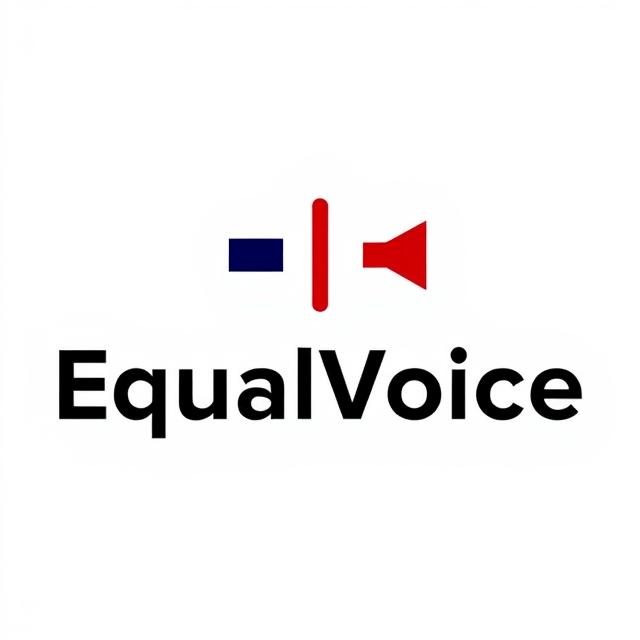
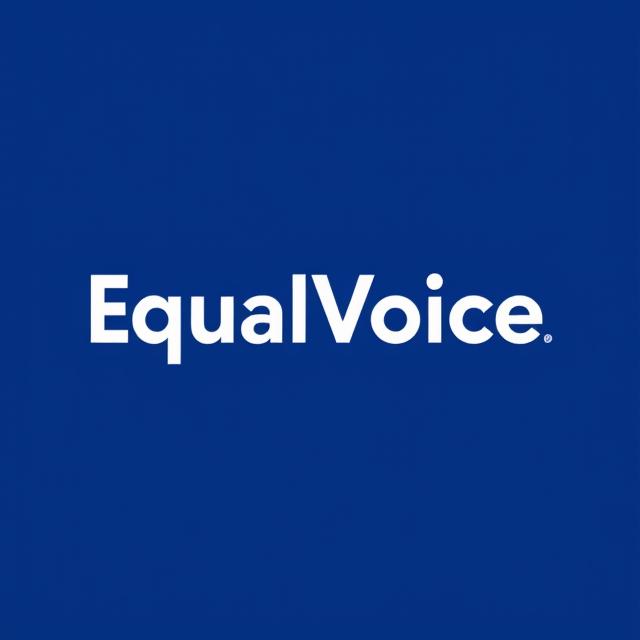
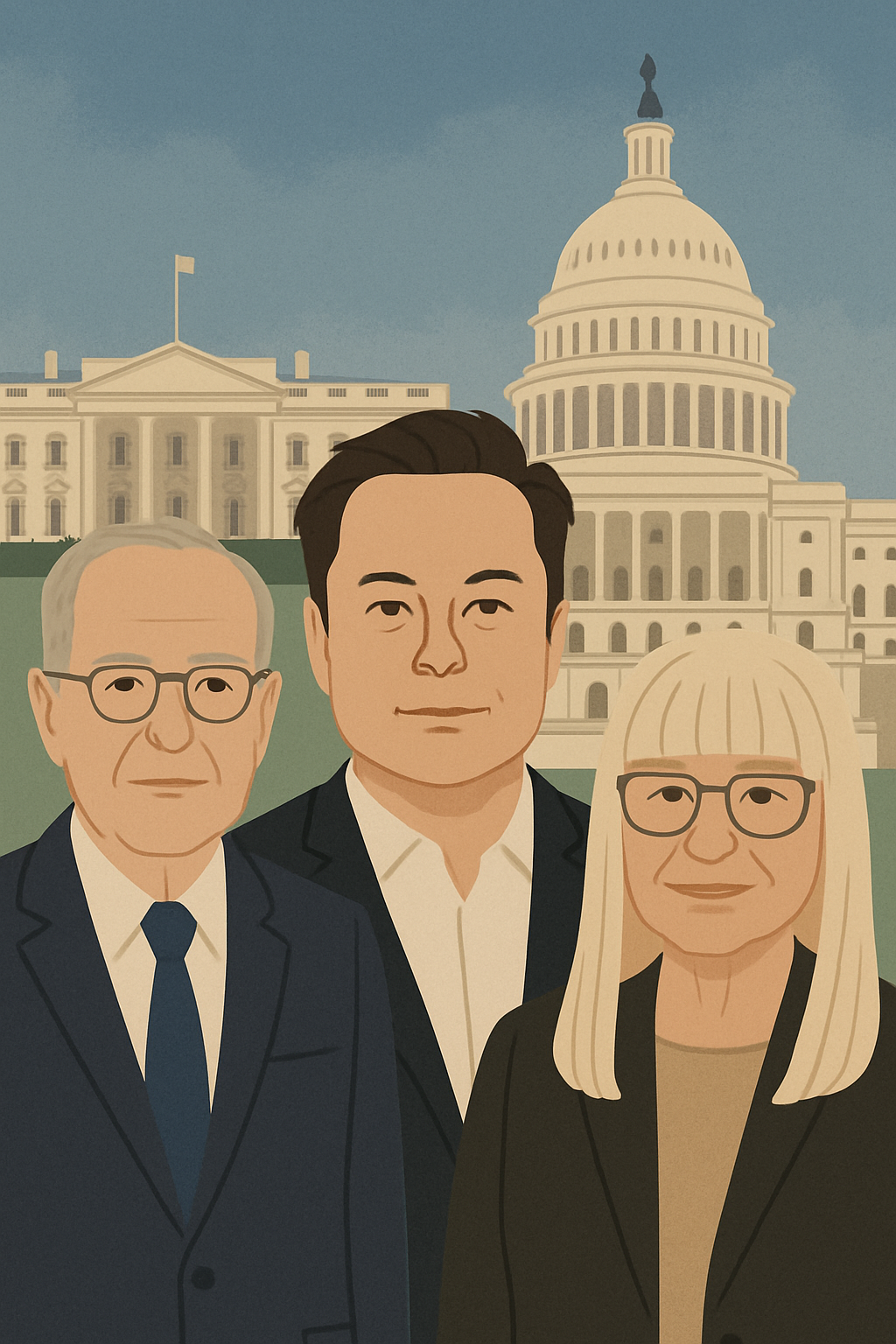
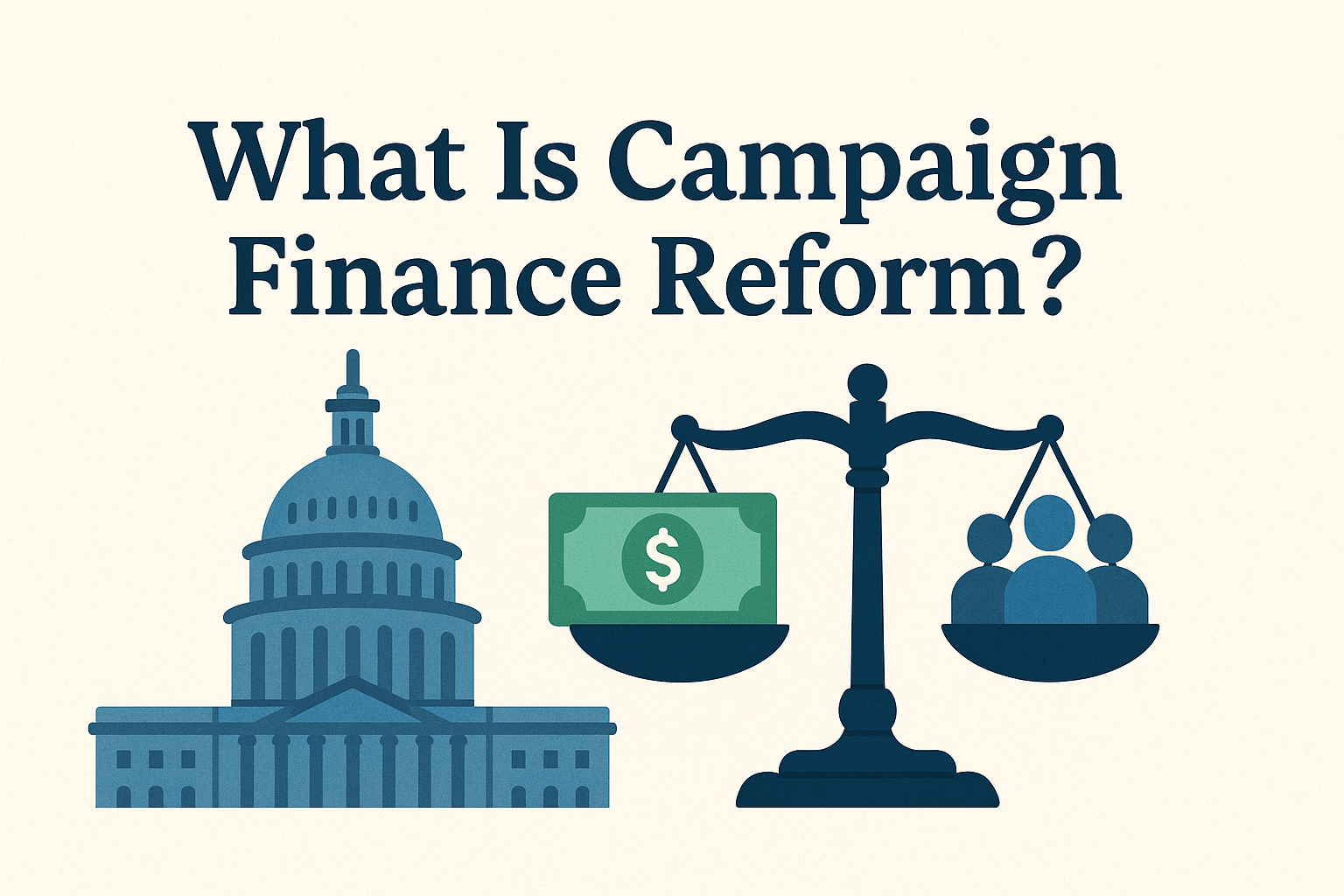
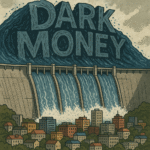
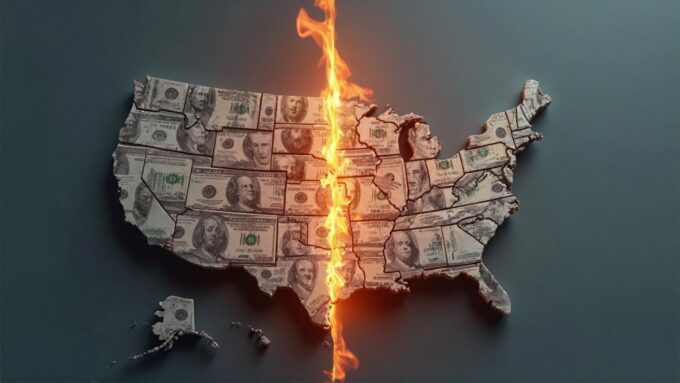


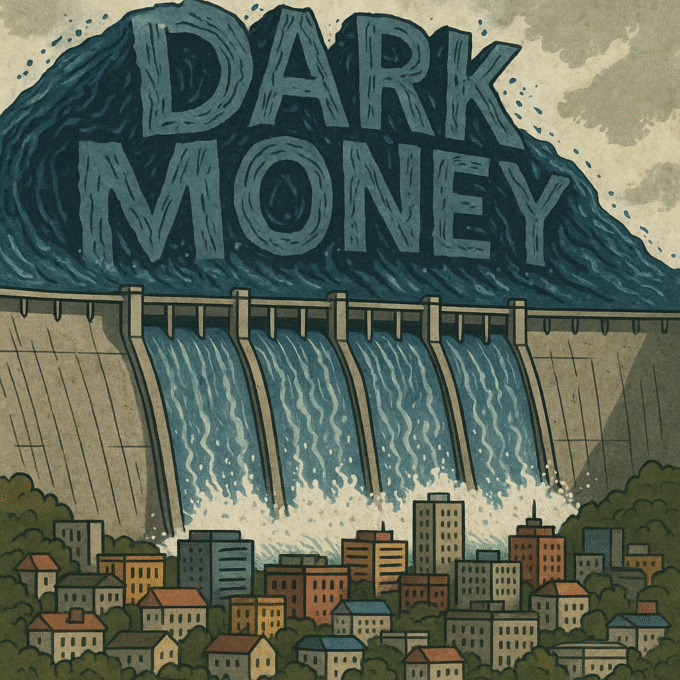
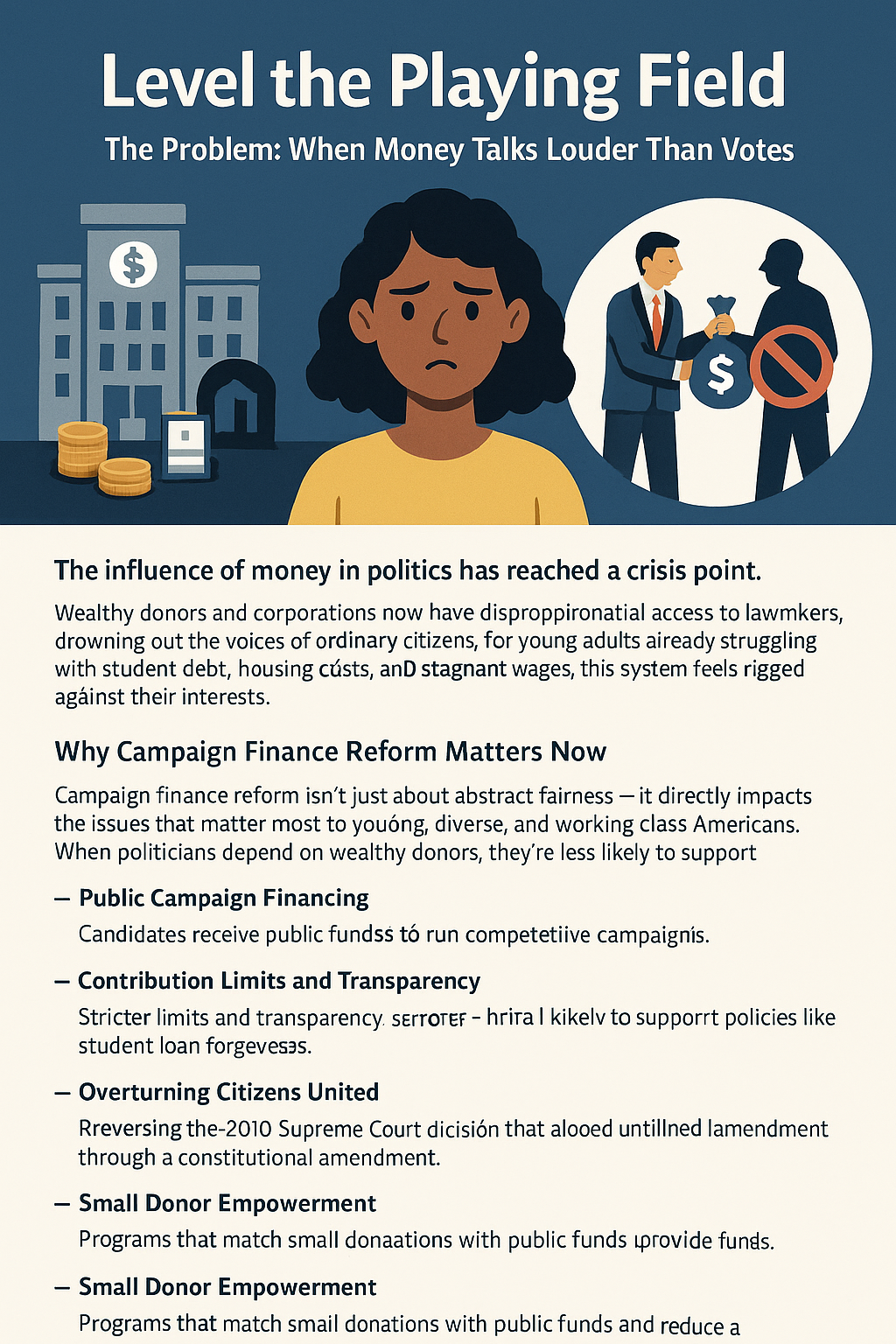
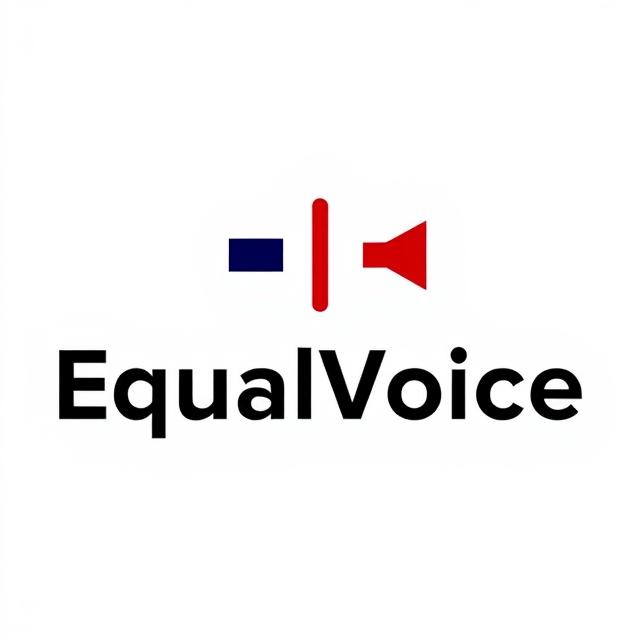
Leave a comment